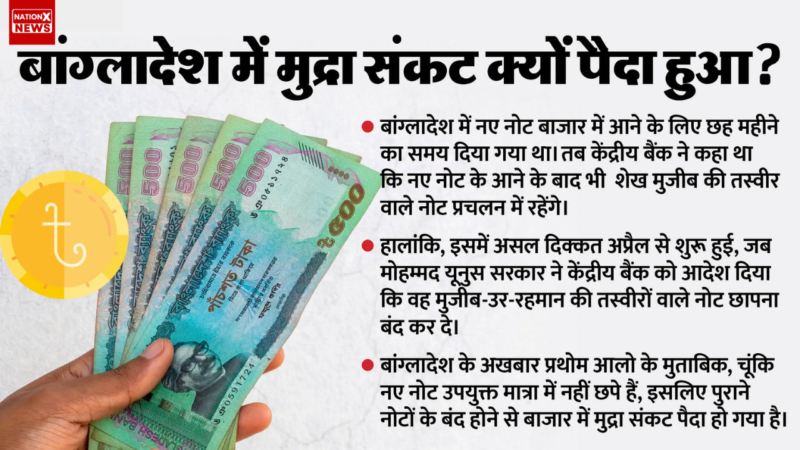In 1981, 12-year-old Bhimji Patel left Meghpar village in Kutch, Gujarat, and went to Mumbai – the city of dreams. A voracious reader and highly-skilled at mathematics, Bhimji was determined to put his talents to use in the bustling city.
The boy joined hands with his cousin and took up odd jobs to earn a living in Mumbai. This humble beginning set the foundation of a self-made story of perseverance, hard work, and passion.
After scraping by for a few years, the boy took a loan of around Rs 30,000 from his elder brother and started a general store. Taking small, confident steps forward and growing the business slowly, Bhimji gradually expanded his store into a supermarket.
His son, Kunal Patel, tells SMBStory:
“My father took up all opportunities that came his way. He found a chance to become a commission agent for various products that came from overseas – especially liquor. His constant knack for networking helped him supply imported liquor to foreign embassies in India.
” Bhimji’s days as a commission agent for imported liquor provided valuable experience and set the stage for Monika Enterprises – a wholesaling and distribution business he launched in Mumbai in 2008.
Successful distribution model
Since then, Bhimji and his family-run business have come a long way in selling premium imported liquor brands in India.
Bushmills Irish Whiskey, Jose Cuervo Tequila, Ron Diplomatico Rum, Belenkaya Vodka, and Russian Standard Vodka are some foreign liquor brands Bhimji introduced in India. He imported these brands and distributed their products through partners across the country. As each state requires a unique licence to retail liquor, Bhimji partnered with local distributors.
Today, Bhimji is a self-made entrepreneur and his business is booming. He has 125 people working for him.
Last year, Monika Enterprises recorded Rs 100 crore in revenue, claims Kunal, who joined the business in 2013.
In his role as a lead strategist, Kunal was responsible for Monika Enterprises’ foray into Bottled in Origin (BIO) liquor as well as optimising its warehousing and distribution networks.
He says, “When I joined, we were importing and wholesaling foreign liquor on a small scale. In other words, the liquor brands sold by my father were not exclusive to Monika Enterprises. The brands we sold were dealing with hundreds of other wholesalers and distributors just like us.”
Kunal, thinking of taking it a step forward, established exclusive partnerships with foreign liquor brands to exclusively retail their products in India. The company now represents 42 foreign brands in India, amounting to around 120 labels of spirits and wine.
Challenges with taxation
As expected, the primary challenge for Bhimji and his business has been dealing with taxation regulations across states in India. As tax laws for retailing liquor differ between states, Bhimji has had to be extra careful and methodical in venturing into new states.
“Between states, the rules change, and so our calculations have to keep up. To enter new states, the registration process itself can be difficult. We had to rely on trial and error to find the right people who knew local state markets well and were willing to help us enter them,” Kunal explains.
However, Kunal believes the lack of uniformity in tax laws can be seen in a positive light.
“There is no real uniformity and it can be a hindrance to enter this industry. Thus, there are not too many players and competitors in the market,” he says.
Bhimji and his family business count Maharashtra, Goa, Karnataka, Telangana, Delhi, Haryana, UP, Assam, and Meghalaya as primary markets. In Maharashtra and Goa, Monika Enterprises has set up its own partner companies for distribution.
The road ahead
For Bhimji, who was once just a boy with a simple dream to make it big, this is only the beginning.
India’s market for alcoholic beverages is on the rise, spurred by India’s large young population base, rising disposable income, and urbanisation of Tier II and Tier III cities.
Based on such growth factors, the alcoholic beverages market in India is expected to grow at a CAGR of 7.4 percent between 2016 and 2024 and reach $39.7 billion, according to Goldstein Research.
To tap into this growing market, Bhimji’s next steps include launching his own label of scotch and wine.
However, he will not directly get into manufacturing.
Kunal explains his father will look to partner with existing scotch and winemakers to launch the new brands in India.







